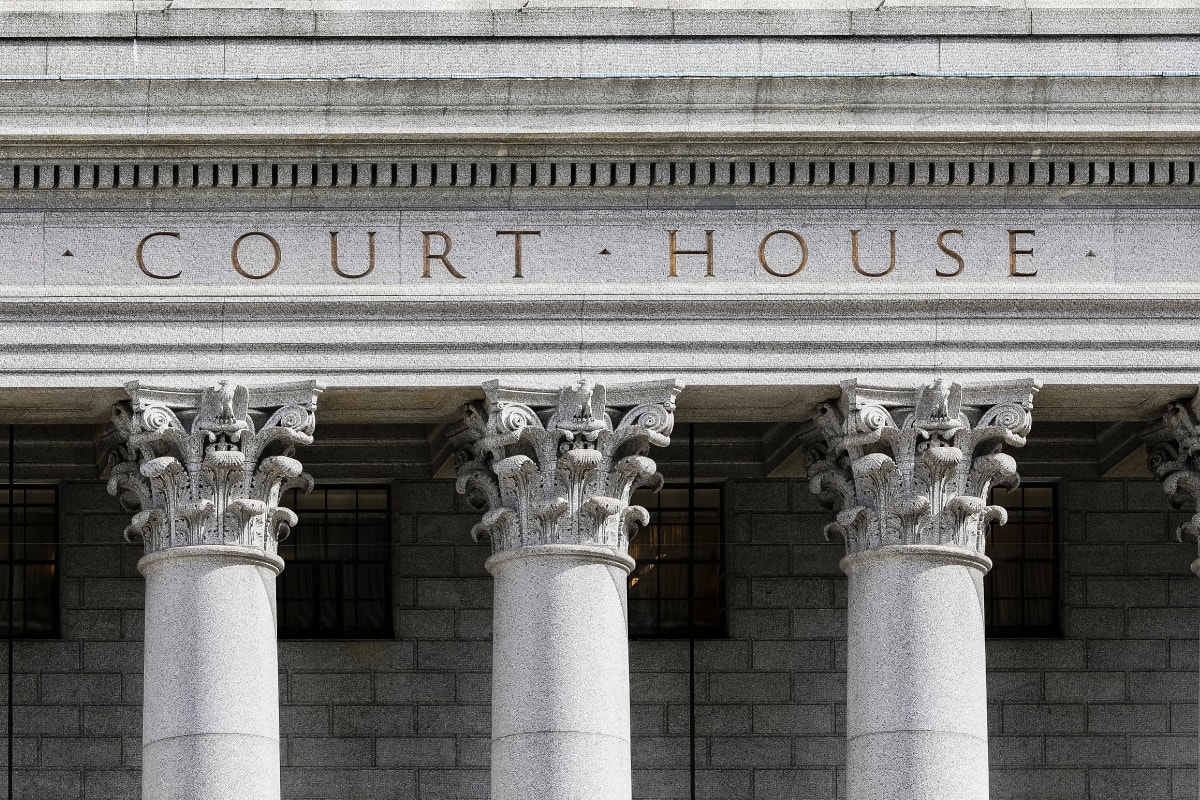We previously reported about the Corporate Transparency Act that went into effect this year. Since that time, there have been legal challenges to the law. On March 26, 2024, the Small Business Association of Michigan and several limited liability companies and individuals brought an action in the U.S. District Court for the Western District of Michigan, challenging the Corporate Transparency Act (CTA) on constitutional grounds.[1] In addition to requesting an immediate ruling to halt compliance requirements under the CTA, the complainants request that the court declare the CTA unconstitutional and give preliminary and injunctive relief against its enforcement. On April 26, 2024, the presiding Michigan federal judge (Hon. Robert J. Jonker) denied immediate relief to the complaints in the Friday bench ruling.
The Michigan suit nearly mirrors arguments by the Alabama plaintiffs and the court decision in National Small Business United v. Yellen, U.S. District Court for the Northern District of Alabama, No. 22-cv-01448. In the Alabama case, a federal district court judge (Hon. Liles Burke) held that Congress exceeded its authority under the commerce clause and right to regulate foreign affairs.[2]
The bold Michigan suit argues that the CTA provides for warrantless and suspicion-less searches of American citizens and companies and violates the United States’ constitutional protections, specifically those protections in the Fourth Amendment.[3]
The complainants further allege that the CTA is unconstitutionally vague and therefore void. In particular, the CTA defines “beneficial owner” as including anyone who “exercises substantial control over the entity,” whether “directly or indirectly, through any contract, arrangement, understanding, relationship, or otherwise.”[4] They argue that the vagueness requires American citizens and companies to guess how much control is “substantial” and which sorts of “relationships” or “otherwise” qualify as “control” sufficient to require a reporting under the CTA – or risk the penalty of civil penalties of up to $500 per day and criminal penalties of up to 2 years imprisonment and fines of up to $10,000.[5]
The complaint mentions that many federal, state, and even foreign agencies will be able to access the beneficial ownership information furnished to FinCEN.[6]
As litigation over the CTA picks up, it is likely that the U.S. appellate courts or even the U.S. Supreme Court will need to resolve the challenge to the CTA’s constitutionality. In the meantime, community associations (and developers) are left with their pending obligations to comply with the reporting obligations of the CTA. If you have questions about your community association, contact us at 803-724-5000 for further guidance.
Written by Valerie Garcia Giovanoli
McCabe, Trotter & Beverly, P.C. blogs and other content are for educational and informational purposes only. This is not legal advice and does not create an attorney/client relationship between McCabe, Trotter & Beverly, P.C., and readers. Readers should consult an attorney to understand how this information relates to their personal situation and circumstances. You should not use McCabe, Trotter & Beverly, P.C. blogs or content as a substitute for legal advice from a licensed attorney.
[1] Small Business Association of Michigan v. Yellen, U.S. District for W.D. Mich., Complaint, Mar. 26, 2024.
[2] Complaint, para. 8. For additional background on the Alabama court ruling, see Bruce Zagaris, U.S. District Court in Alabama Rules CTA Unconstitutional, 40 Int’l Enforcement L. Rep. 104 (Mar. 2024).
[3] Id., para. 6, 9.
[4] Id., para. 10, citing 31 U.S.C. § 5336(a)(3)(A).
[5] Id.; 31 U.S.C. § 5336(h)(3).
[6] Complaint, para. 51-56.

